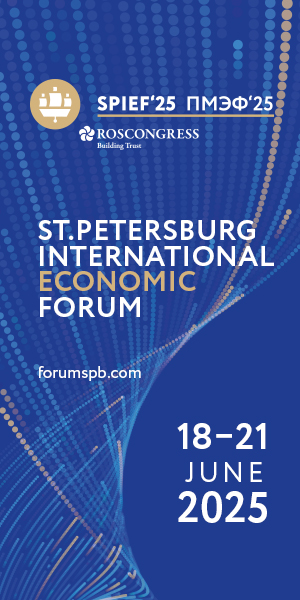Business
St. Petersburg International Economic Forum 2025 unveils its Business Programme
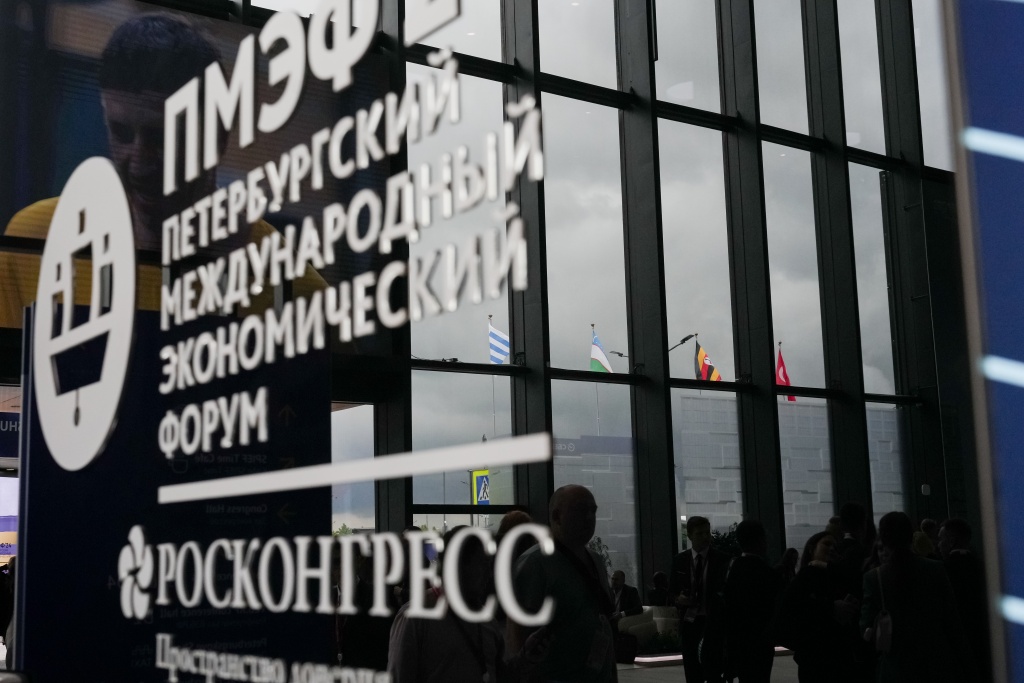
The architecture of the business programme for the 2025 St. Petersburg International Economic Forum, which will take place on 18–21 June, has been published. This year’s theme is “Shared Values: The Foundation of Growth in a Multipolar World”, reflecting major shifts in international cooperation and the role of universal values in enabling sustainable economic development.
“We are witnessing tectonic shifts in the world. Not only is the economic map changing, but so too, in some sense, are the systems of economic activity and social relations in a number of countries and even intergovernmental blocs. The St. Petersburg International Economic Forum is becoming more than just a space for dialogue and the generation of ideas and solutions. It is turning into a platform where new meanings and even new practices emerge that can shape the contours of the future. It’s important not only to observe these changes, but to drive them and set their direction. And all of this must happen through a format of meaningful, trust-based and collaborative dialogue,” said Anton Kobyakov, Adviser to the President of the Russian Federation and Executive Secretary of the SPIEF Organising Committee.
The business programme has been structured around four key thematic pillars, each revealing a different dimension of global and national transformation. The central pillar, “Development Economics: Ensuring Growth”, reflects the logic of new economic thinking. It covers two major areas. “The Global Economy: A New Platform for Global Growth” focuses on the resilience of macroeconomic models, investment strategies, the expansion of logistics routes, and the development of new markets. Discussions will address the future of international trade and supply chain transformation, the role of small and medium-sized businesses, and the regional and sector-specific dimensions of economic policy. Another major area is “The Russian Economy: A New Level of Growth”, which explores the opportunities and challenges facing the Russian economy amid global shifts. Topics will include building an effective new-cycle economic model, strengthening the resilience of domestic industries, and developing priority sectors such as manufacturing, agriculture, and high technology. This track will also cover Russia’s innovation potential, its integration into global economic processes, investment attraction strategies, and the strengthening of the domestic market.
These themes are directly linked to technological sovereignty and innovation. The “Technology: Pursuing Leadership” pillar will focus on key directions in technological development from AI and automation to independence in microelectronics, new materials, energy, and cybersecurity. At the core is the formation of a sustainable and competitive technological base capable of ensuring the long-term development of the economy and society.
Technological advancement is impossible without a stable value system and strong cultural identity. That’s why the third pillar, “The Living Environment”, will address information sovereignty, cultural identity, social cohesion, and international humanitarian cooperation. Participants will explore how meaning is shaped and communicated in the media landscape, the mechanisms of trust in the digital age, and the role of tradition and historical memory.
This naturally leads into the fourth pillar, “The Individual in a New World”, which will focus on quality of life, health, education, family well-being, urban development, and personal fulfilment. Special attention will be paid to youth and women’s participation in the economy, new employment formats, and managing human capital as a key resource for the future.
The programme will also include sector-specific and international events that have already proven to be essential gathering points for the professional community. Among them are the SCO and BRICS Business Forums, the B20 Forum, the SME Forum, the Creative Industries Forum, and the ‘Ensuring Drug Security’ Russian Pharmaceutical Forum.
The traditional format of business dialogues with representatives from China, India, Africa, Latin America, the Middle East, ASEAN, the CIS, and the EAEU will support the expansion of bilateral and multilateral ties, showcase investment projects, and explore industrial and scientific cooperation opportunities.
Additional events will include business breakfasts with leaders of major companies, project presentations, public interviews, agreement signings, and an exhibition programme.
This year’s SPIEF will also host the General Assembly of the Organization of Asia-Pacific News Agencies (OANA), as well as the Day of the Future International Youth Economic Forum. The latter is supported by Friends for Leadership, an organization accredited by the UN Economic and Social Council (ECOSOC), which brings together young leaders, entrepreneurs and experts from over 100 countries. It was created by the Roscongress Foundation following the 19th World Festival of Youth and Students in 2017.
SPIEF 2025 is not just intended to reflect the current global agenda. It aims to become a space where new ideas are born, shaped into strategy, and transformed into real-world processes that can help shape the future.
-
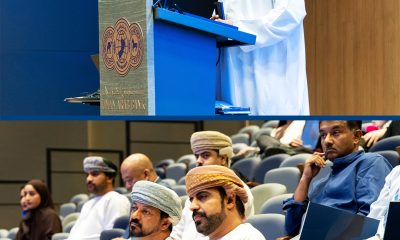
 Banking & Finance2 weeks ago
Banking & Finance2 weeks agoOman Arab Bank Announces Increase of Authorised Capital to RO500mn and Paid‑In Capital Boost of RO50mn
-
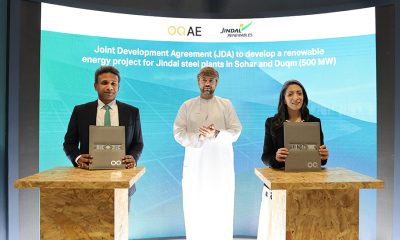
 Renewables2 months ago
Renewables2 months agoJindal Renewables and OQ Alternative Energy Sign Joint Development Agreement to Advance Integrated Renewable Power Projects in Oman
-
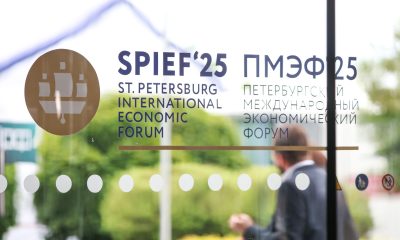
 Bahrain1 week ago
Bahrain1 week agoSPIEF 2025 focused on global and regional economic processes, market transformation, new tech, investment climate, financial policy and people
-
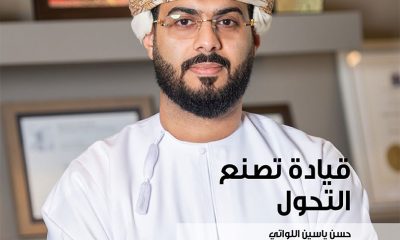
 Alamaliktistaad Magazines1 month ago
Alamaliktistaad Magazines1 month agoAl-Iktisaad, May 25
-
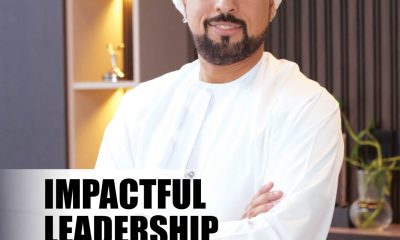
 OER Magazines1 month ago
OER Magazines1 month agoOER, May 2025
-

 Leaders Speak2 months ago
Leaders Speak2 months agoOERLive SPOTLIGHT: Oman Sustainability Week 2025 and Oman Petroleum & Energy Show
-
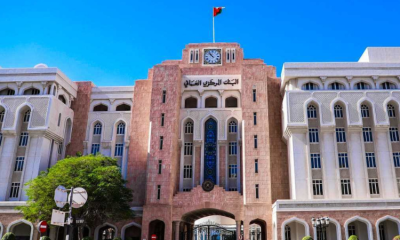
 Banking & Finance1 month ago
Banking & Finance1 month agoCentral Bank of Oman Issues Regulatory Framework for Digital Banks
-
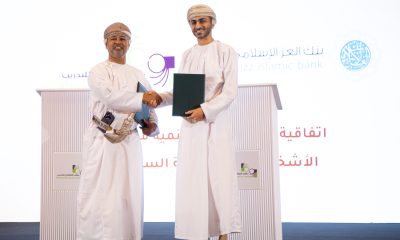
 Banking & Finance2 months ago
Banking & Finance2 months agoAlizz Islamic Bank Partners with Al Tawasul Institute for Specialised Training Programme to Empower Job Seekers with Hearing Impairments


